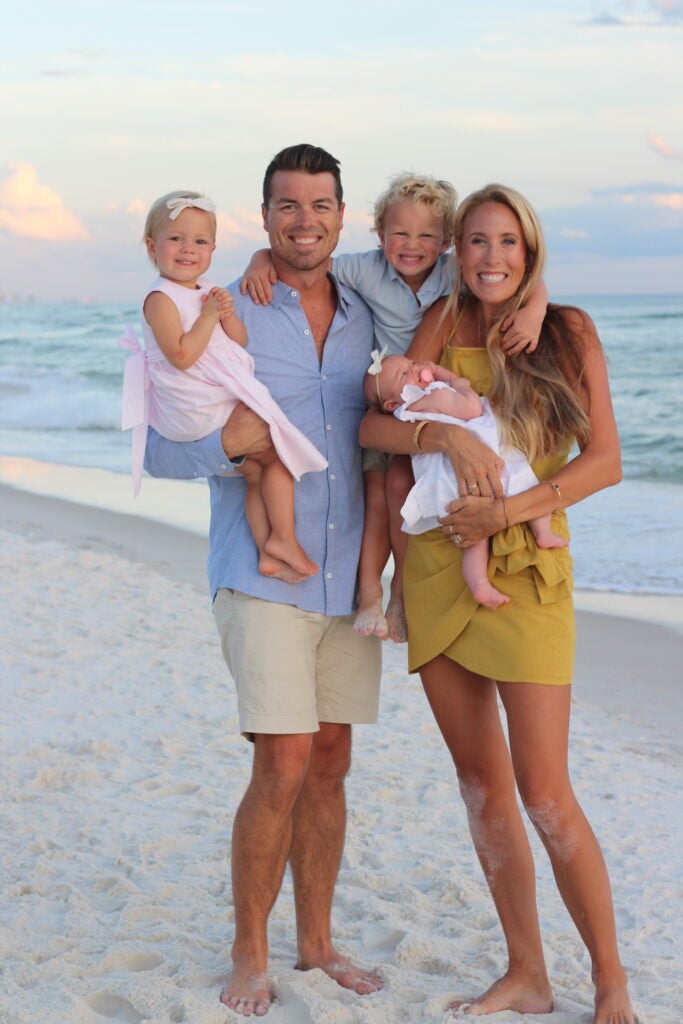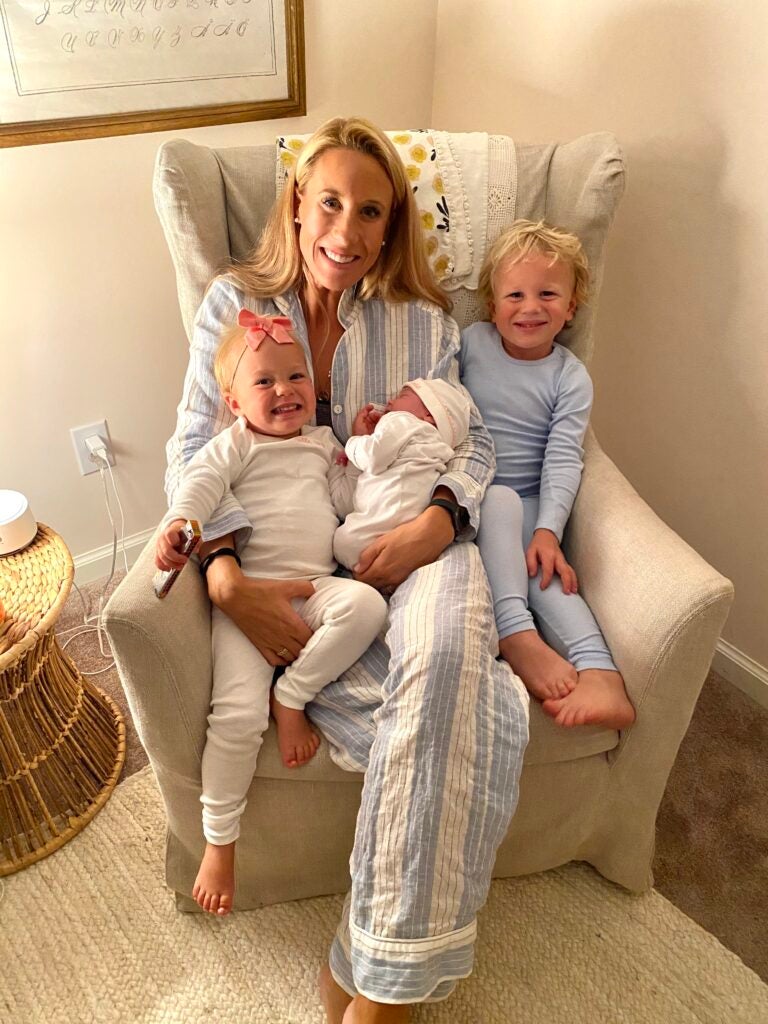IU study highlights pandemic hardships on Indiana moms, conflict with couples
BLOOMINGTON, Ind. (WISH) – A recent study at Indiana University in Bloomington shows that the pandemic has been more difficult on moms with young kids and on their relationships. The study highlights existing conflicts between couples getting worse due to COVID-19 and new issues arising.
Researchers lay it out in the 37-page report titled ‘My husband thinks I’m crazy.’ The authors have been following the 250 moms in Southern Indiana since 2018 and shifted focus when the pandemic hit. The study found that women are taking on the brunt of childcare, workload and career sacrifices due to COVID-19.

“It is taking a huge toll on mothers wellbeing, on their mental health, on their relationships, on their conflicts with their kids and with their partners and certainly with their ability to maintain their workforce participation,” said Jessica Calarco.
Calarco is an associate professor of Sociology at IU and is one of the authors of the study.
“So many moms are going through so much worse, and we are so blessed to have a job and to be a working mom,” said Madison Dahlstrom, a mom of three young children in Bloomington.
While Madison was not a part of the study, she is quick to recognize she’s lucky, but still understands the difficulties these moms are facing. She and her husband, Griffin Dahlstrom, are raising a 4-year-old, 2-year-old, and 5-month-old in the middle of the pandemic. At the same time, Madison is trying to climb the corporate ladder while working from home and is running her mom blog, “The Midwest Skinny,” all with a baby on her lap.
“You just run out of stamina at some point. You can’t keep going. And it was exhausting, and it was emotional. And I think that at the same time because you know so many more in the world are hurting so much worse, you feel guilty even feeling like it is tough,” said Madison.
The mom-guilt is real and growing. In fact, the IU study shows what most moms have been feeling a heavier weight, family workload and career loss due to COVID-19. Unfortunately, many of these moms blame themselves for the difficulties.
“It became very clear, very early on in the pandemic that so many of these moms were struggling. Having a difficult time with job loss or having to take over full-time childcare on top of working or in many cases conflicts with their partners as well over the pandemic,” said Calarco.

According to Calarco, before the pandemic began, moms already took on the worry work and most of the child-rearing at home. Now, those duties have increased with little support.
“In the absence of adequate childcare and open schools and in the absence of federal programs that provide adequate support for families, moms are really the ones who are stepping up to fill in the gaps. They are the ones who are doing the unpaid and underpaid labor to make sure that families are keeping it together through these incredibly difficult times,” said Calarco.
For a majority of women, existing relationship issues have been exacerbated. The report said 39% of women feel pandemic-related frustrations with their partners have increased. The study also found the women tend to take COVID-19 more seriously than men.
The solution is not simple. However, Calarco suggests overall support as the first step.
“Come together collectively and say this is not ok, that they are being exploited in many cases by a society that has failed to acknowledge the importance of the labor that they do for their families and for their community,” said Calarco.
Madison said she and her husband, Griffin, work hard to be on the same team. Some days she gives more, and others he does. They have grace for each other and credit equality and teamwork to help them stay afloat.
“You hear the saying we are all in the same boat, but we are definitely not all in the same boat. We are in the same storm. Some of us are on yachts and some of us are hanging on for dear life on a life jacket and even in our marriages and even in our own home,” said Madison. “Support each other and talk about the hard stuff, the real stuff with your marriage and with your kids and work on all of it. We have to lean on one another and support each other. And you don’t have to be in-person to do that.”
The authors of the study plan to follow the 250 Southern Indiana mothers through the summer and report back after the vaccine rollout.


